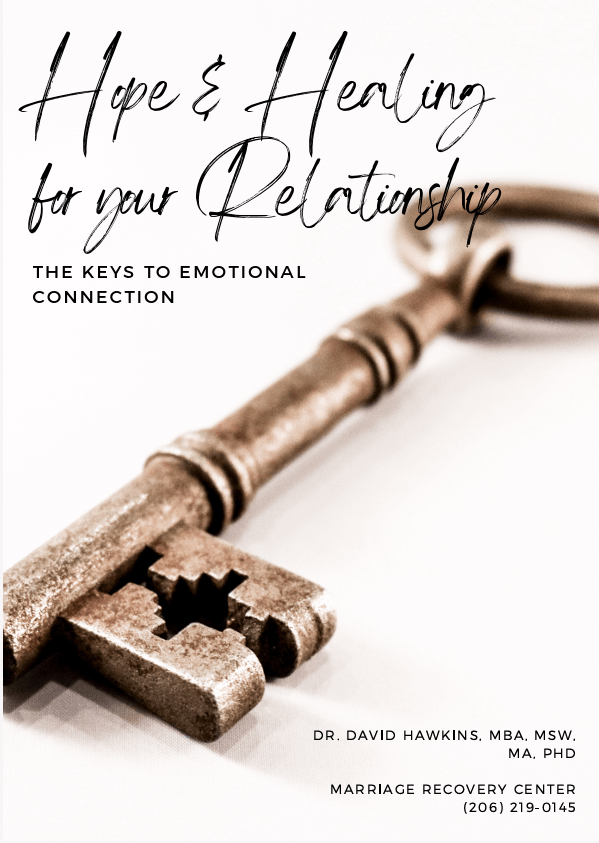Dr David B Hawkins, Licensed Clinical Psychologist talks about the horrific impact of gaslighting! He shares how gaslighting damages self-esteem, causes you to question your thoughts and feelings and makes you feel powerless and hopeless!
What Is Gaslighting?
Gaslighting is a term that has gained significant attention in recent years, particularly in discussions surrounding narcissism and emotional abuse. It refers to a manipulative tactic employed by individuals, often narcissists, to undermine and distort the reality of their victims. Gaslighting involves various devices, tricks, and methods used to diminish and dismiss the experiences and perceptions of the victim. In this article, we will delve deeper into the concept of gaslighting, its effects on individuals, and the importance of seeking a healthy and safe environment for healing.
Gaslighting: A Tool of the Narcissist
When observing couples or partners of narcissists, one can witness the victim’s relentless efforts to communicate and be heard. They use every possible mechanism to reach out to the narcissist, but unfortunately, the narcissist possesses a repertoire of defensive postures designed to deflect accountability. Blame-shifting, scapegoating, minimizing, and even raging against the victim are all employed as tactics to deny the truth and invalidate the victim’s experiences.
Emotional Immaturity and Limited Resources
Narcissists exhibit emotional immaturity, often likened to that of a six-year-old. They avoid taking responsibility and resist being held accountable for their actions. This emotional immaturity stems from their limited emotional resources, making it difficult for them to face healthy shame or engage in self-reflection. It becomes an arduous task for the victim to make the narcissist see their part in the problems or to take responsibility for their actions.
Helplessness and Hopelessness
For the victim, attempting to reach the narcissist and have them acknowledge their behavior can be a frustrating and disheartening experience. Gaslighting creates a sense of helplessness and hopelessness because the narcissist consistently evades accountability. The victim desperately yearns to be heard, understood, and validated. However, the narcissist’s continuous blame-shifting, scapegoating, minimizing, and victim-playing create an environment of emotional chaos and confusion.
The Toll of Gaslighting
Living in a gaslighting environment takes a toll on both the victim’s mental and physical well-being. The repeated manipulation and distortion of reality affect the victim’s emotions, leading to symptoms of anxiety, depression, and frustration. Moreover, gaslighting can manifest in physical symptoms such as headaches, sleep disturbances, appetite changes, and even autoimmune disorders. The emotionally destructive and unhealthy nature of gaslighting impedes the victim’s ability to heal and grow emotionally.
Taking Care of Yourself
Recognizing the signs of gaslighting and understanding its detrimental impact is the first step toward reclaiming one’s well-being. It is crucial for victims to prioritize their own safety and seek a healthy and secure environment. Temporary or permanent separation from the gaslighting relationship becomes essential for personal growth and healing. By distancing oneself from the chaos and manipulation, individuals can begin the process of regaining their emotional health.
Can Change Occur?
The question of whether a narcissist can change is complex and subjective. While intervention might offer a possibility of change, it is uncertain whether the narcissist will actively engage in therapeutic processes. It is important to note that change can only occur if the narcissist is willing to face their own flaws and take responsibility for their actions. However, victims should not solely rely on the hope of change but rather prioritize their own well-being and safety.
In Conclusion
Gaslighting is a deeply destructive tactic employed by narcissists to manipulate and invalidate their victims’ reality. The constant undermining and distortion of truth take a severe toll on the victim’s emotional and physical well-being. Recognizing the signs of gaslighting and seeking a healthy and safe environment is crucial for healing and personal growth. Remember to prioritize your own well-being and take the necessary steps to ensure your emotional health.
To learn how we can help, reach out to us at (206) 219-0145 or info@marriagerecoverycenter.com to speak with a Client Care Specialist
Also read: What Is Emotional Abuse?
About Dr. Hawkins:
The internet is inundated with hyperbole and misinformation about narcissism, leaving many people confused and hopeless. Get the facts on narcissism and emotional abuse from someone who has been researching, writing about and treating narcissism and emotional abuse for over a decade.
Dr. Hawkins is a best-selling author and clinical psychologist with over three decades of experience helping people break unhealthy patterns and build healthier relationships.
He is the founder and director of the Marriage Recovery Center and the Emotional Abuse Institute which offers education, training and counseling for people who want to break free of, and heal from, emotional abuse. Whether the perpetrator of the abuse is your spouse, partner, parent, boss, friend or family member, we offer practical advice for anyone trapped in a toxic, destructive relationship.
In addition to narcissism & emotional abuse, you’ll learn about the lesser known forms of abuse, including covert abuse, reactive abuse, spiritual abuse, secondary abuse, relationship trauma and much more.








